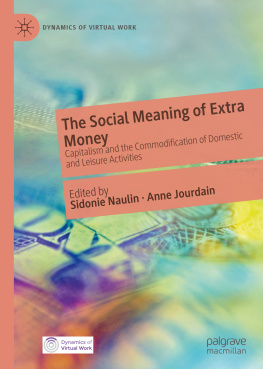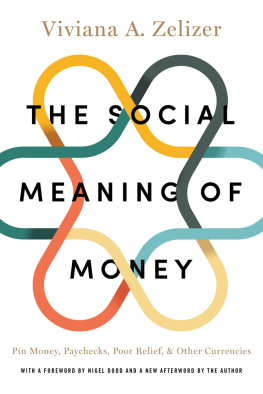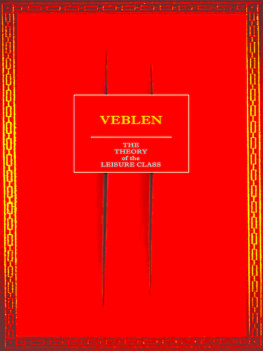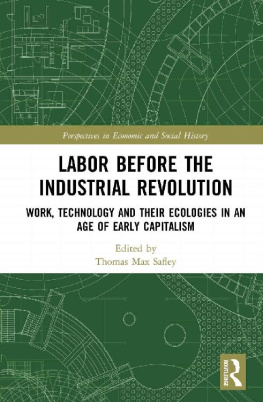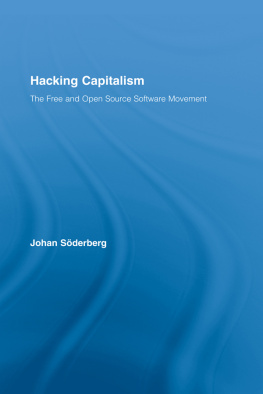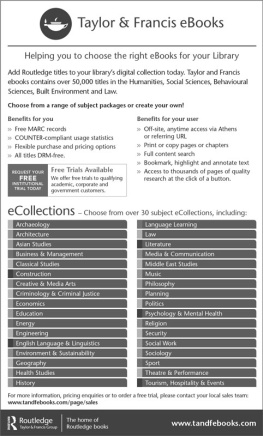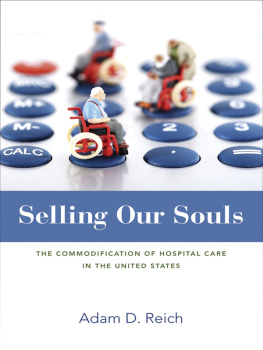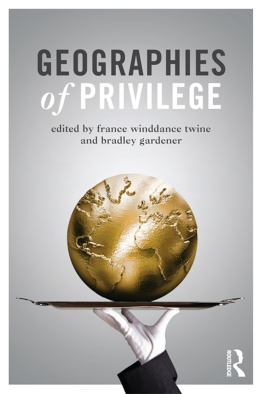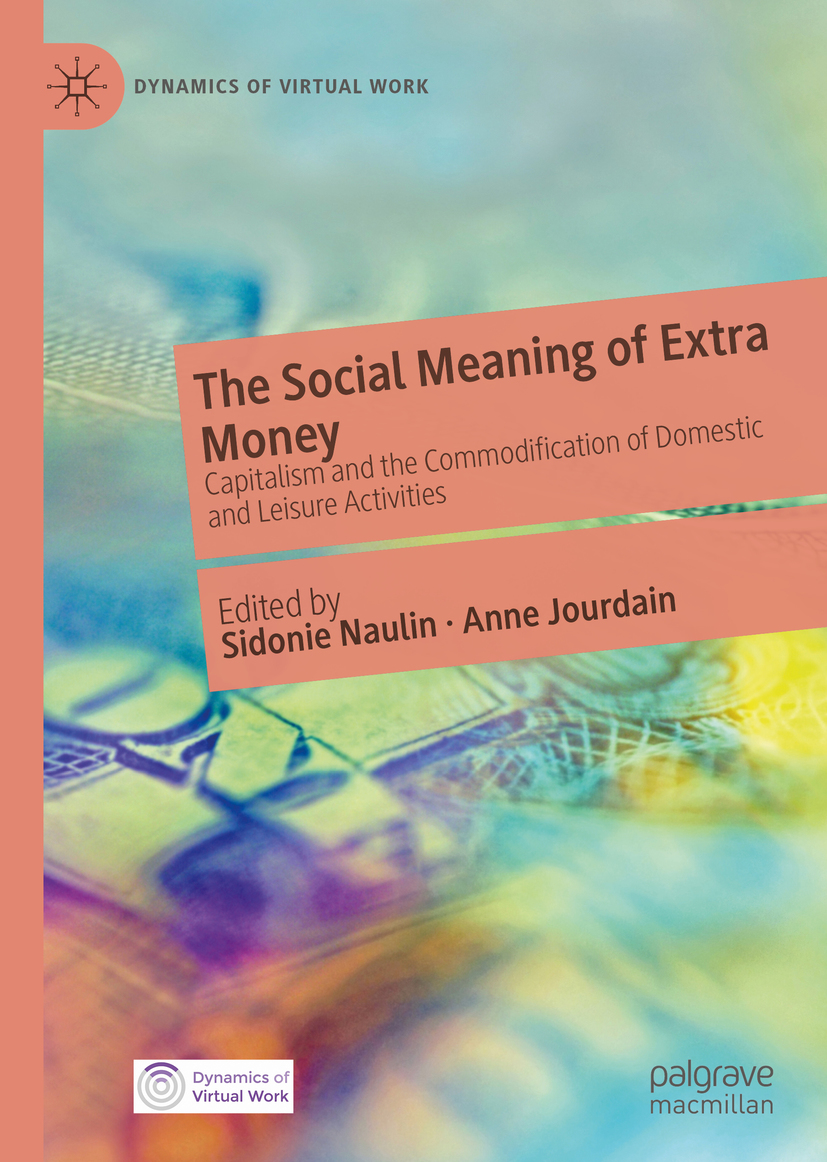Dynamics of Virtual Work
Series Editors
Ursula Huws
Hertfordshire Business School, University of Hertfordshire, Hatfield, UK
Rosalind Gill
Department of Sociology, City, University of London, London, UK
Technological change has transformed where people work, when and how. Digitisation of information has altered labour processes out of all recognition whilst telecommunications have enabled jobs to be relocated globally. ICTs have also enabled the creation of entirely new types of digital or virtual labour, both paid and unpaid, shifting the borderline between play and work and creating new types of unpaid labour connected with the consumption and co-creation of goods and services. This affects private life as well as transforming the nature of work and people experience the impacts differently depending on their gender, their age, where they live and what work they do. Aspects of these changes have been studied separately by many different academic experts however up till now a cohesive overarching analytical framework has been lacking. Drawing on a major, high-profile COST Action (European Cooperation in Science and Technology) Dynamics of Virtual Work, this series will bring together leading international experts from a wide range of disciplines including political economy, labour sociology, economic geography, communications studies, technology, gender studies, social psychology, organisation studies, industrial relations and development studies to explore the transformation of work and labour in the Internet Age. The series will allow researchers to speak across disciplinary boundaries, national borders, theoretical and political vocabularies, and different languages to understand and make sense of contemporary transformations in work and social life more broadly. The book series will build on and extend this, offering a new, important and intellectually exciting intervention into debates about work and labour, social theory, digital culture, gender, class, globalisation and economic, social and political change.
More information about this series at http://www.palgrave.com/gp/series/14954
Editors
Sidonie Naulin and Anne Jourdain
The Social Meaning of Extra Money
Capitalism and the Commodification of Domestic and Leisure Activities
Editors
Sidonie Naulin
Universit Grenoble Alpes, CNRS Sciences Po Grenoble, PACTE, Grenoble, France
Anne Jourdain
Paris-Dauphine University PSL Research University, CNRS, IRISSO, Paris, France
Dynamics of Virtual Work
ISBN 978-3-030-18296-0 e-ISBN 978-3-030-18297-7
https://doi.org/10.1007/978-3-030-18297-7
The Editor(s) (if applicable) and The Author(s), under exclusive license to Springer Nature Switzerland AG 2020
This work is subject to copyright. All rights are solely and exclusively licensed by the Publisher, whether the whole or part of the material is concerned, specifically the rights of translation, reprinting, reuse of illustrations, recitation, broadcasting, reproduction on microfilms or in any other physical way, and transmission or information storage and retrieval, electronic adaptation, computer software, or by similar or dissimilar methodology now known or hereafter developed.
The use of general descriptive names, registered names, trademarks, service marks, etc. in this publication does not imply, even in the absence of a specific statement, that such names are exempt from the relevant protective laws and regulations and therefore free for general use.
The publisher, the authors and the editors are safe to assume that the advice and information in this book are believed to be true and accurate at the date of publication. Neither the publisher nor the authors or the editors give a warranty, express or implied, with respect to the material contained herein or for any errors or omissions that may have been made. The publisher remains neutral with regard to jurisdictional claims in published maps and institutional affiliations.
Cover illustration: Adrienne Bresnahan / Getty Images
This Palgrave Macmillan imprint is published by the registered company Springer Nature Switzerland AG
The registered company address is: Gewerbestrasse 11, 6330 Cham, Switzerland
Foreword
This ground-breaking book shines a welcome light on an issue that has up to now been very much neglected in sociological scholarship: the way in which everyday practices provide the raw material for new economic activities through commodification and marketization. In doing so it does not just open up for serious consideration economic activities that are often dismissed as trivial, but also illuminates the very dynamics of how capitalism develops: generating new forms of value from small, unobserved phenomena which, as time goes by, become the basis for important new occupations and industries.
These processes have begun to be theorized by feminist political economists, but this book goes beyond this: it actually observes them in a nuanced bottom-up way. In an approach that brings together both class and gender analysis, and hence draws both on mainstream sociological and feminist theory, the book goes beyond these theoretical insights, peering into the cracks between work and leisure through a qualitative lens.
In detailed ethnographic case studies, using examples as varied as selling personal belongings online, sexcamming, blogging, selling home-made food and craft objects and providing private tutoring, it explores the social meaning of the extra money that is so generated. In doing so, it reveals major differences between people of different social classes, genders, and migration statuses.
While avoiding technological determinism, it highlights the role of digital technologies, and especially the Internet, in expanding and bringing to visibility these new forms of marketization and commodification. The book thus makes an important contribution to technology studies, in particular the expanding field of digital labour studies, as well as to sociological and feminist scholarship. It seems destined to become a classic that will be consulted for many years to come.
Ursula Huws
Acknowledgements
The source of inspiration for this collection sprang from the editors frequent discussions on the subject, starting back in 2015. The idea took shape at two annual conferences of the Society for the Advancement of Socio-Economics (SASE) in Berkeley (2016) and Lyon (2017), and at regular workshops with the contributors. We would like to thank all the participants in the Marketization of Everyday Life stream at the SASE conferences and especially those who have contributed to this book.
In addition to the books contributors, we would like to acknowledge the support of a number of academic institutions. We thank the Independent Social Research Foundation; the French National Research Agencys Investissements dAvenir program (ANR-15-IDEX-02) whose University Grenoble-Alpes Strategic Research Initiative (IRS 2017-MATRACA) and University Grenoble-Alpes Data Institute contributed to funding this research; the Maison des Sciences de lHomme (MSH) Paris Nord; Paris-Dauphine University (IRISSO); and Sciences Po Grenoble (PACTE).
We would also like to convey our thanks to Diane Bertrand for her proof-reading of most of this book.

